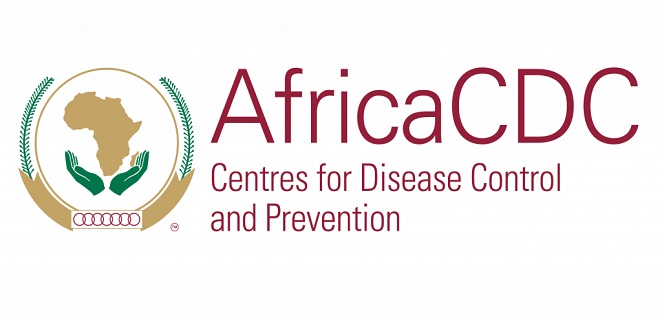ZIMBABWE’S Vice President, Kembo Mohadi has expressed gratitude to the massive investment the United Nations (UN) has extended towards the country’s health sector.
By Michael Gwarisa
The local health sector is reeling from a plethora of challenges which include critical drugs shortages, recurring waterborne diseases and a demotivated workforce. Over the period 2016 to 2020, the UN has committed funds to the tune of US$400 million in various key areas including HIV and AIDS prevention, water, sanitation and hygiene (WASH, poverty and hunger alleviation, gender and women empowerment among others.
Speaking at the UN 73rd anniversary celebrations, VP Mohadi said the government of Zimbabwe was committed to attaining the Sustainable Development Goals (SDGs) in a bid to achieve better lives for the majority of Zimbabweans.
“The government of Zimbabwe expresses its firm commitment to endeavor to achieve the SDGs as we believe that it is one of the strategies of achieving a better life for our people. We also believe that the SDGs resonate well with our vision of making Zimbabwean economy an upper middle income economy by 2030.
“In view of this, the government is making various initiatives to achieve quality health care and improve service delivery throughout the country. In partnership with the private sector and developing partners, a number of hospitals are being refurbished in line with modern-day health care standards.
“Efforts are also being made to close the gap in the health sector through infrastructure development. Similarly, efforts are being made to provide hospitals with adequate medical services, requisite medical professional, drugs and medical equipment,” said VP Mohadi.
He however highlighted that there were challenges in the areas of water and sanitation which falls under SDG Six which he said government is currently addressing to eradicate any recurrence of cholera and other waterborne diseases.
“Since individuals are as important as organisation in defining the future of their country, the government will put more effort in sensitizing the citizens about the development goals. The government also wants the people to understand that achieving the SDGs is not only about government policies but partnership with all stakeholders, citizens, private sector academia and civil society.”
Meanwhile, UN Resident Coordinator, Mr Bishow Parajuli said the UN’s investment in Zimbabwe’s health sector over the years has been immense and the UN development system reforms will come full swing starting January 2019.
“Globally, the UN provides food assistance to over 80 million people in over 890 countries and supplies vaccines to over 45 percent of the world’s children helping save 3 million lives every year.
“The UN tackles the global water crisis affecting over 2 billion people worldwide and protects human rights globally and supports maternal health and helps over 1 million women to overcome pregnancy risks,” said Mr Parajuli.
In Zimbabwe under the 2016/2020 Zimbabwe Development Assistance Framework, the UN, together with partners have been delivering US$400 million for various development projects in support of the government efforts.
Over 2, 2 million vulnerable people received food and other valuable assistance. Under the UN program, 65 percent of infants exposed to HIV are prevented from contracting HIV through provision of anti-retro viral medicines and prevention measures.




